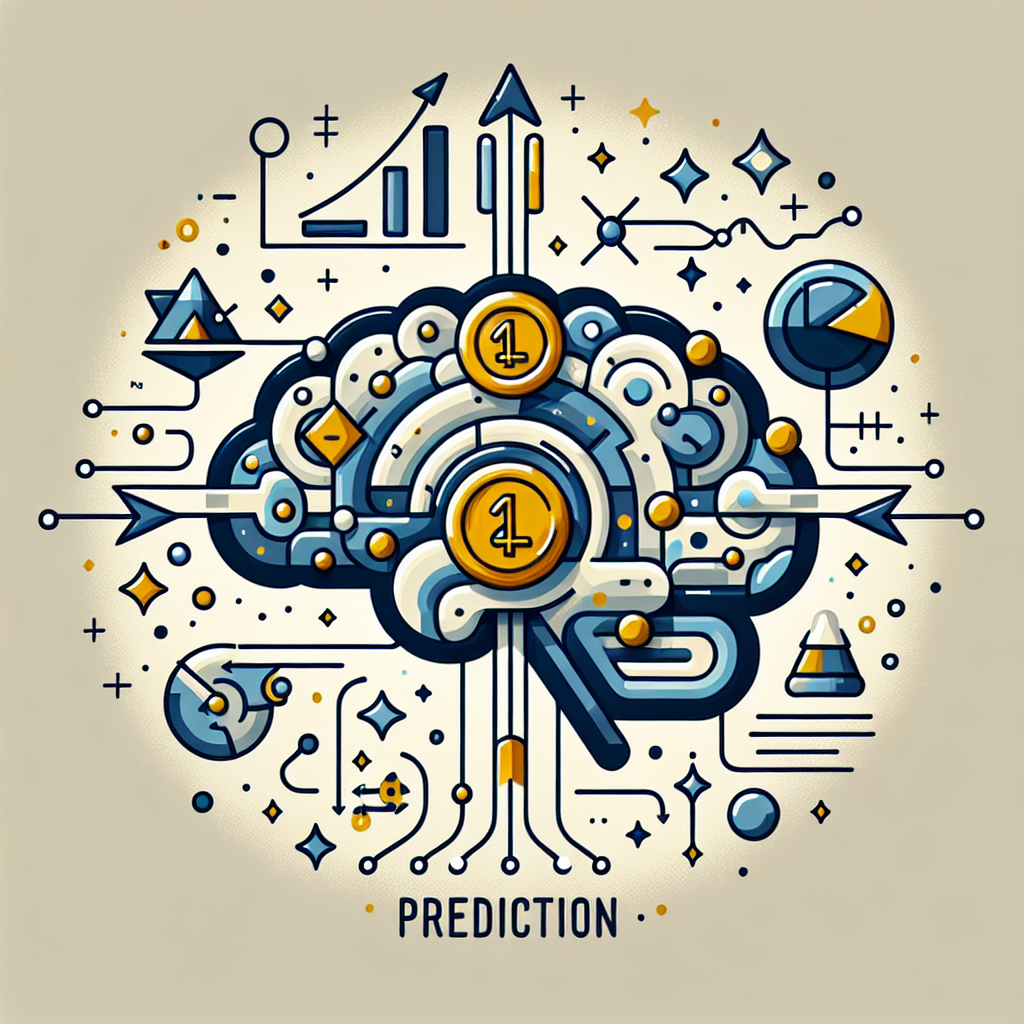Artificial Intelligence (AI) has rapidly transformed various industries, including marketing and sales. One of the key areas where AI is making a significant impact is in predicting Customer Lifetime Value (CLV). CLV is a crucial metric for businesses as it helps them understand the long-term value of each customer and allows them to make strategic decisions to maximize profitability.
AI algorithms can analyze vast amounts of customer data to predict CLV accurately. By leveraging machine learning and predictive analytics, businesses can forecast how much revenue a customer is likely to generate over their lifetime with the company. This information is invaluable for targeting high-value customers, personalizing marketing strategies, and optimizing customer retention efforts.
The Role of AI in Customer Lifetime Value Prediction
1. Data Analysis: AI algorithms can analyze historical customer data, such as purchase history, browsing behavior, demographics, and interactions with the company. By processing this data, AI can identify patterns, trends, and correlations that help predict future customer behavior.
2. Predictive Modeling: AI uses predictive modeling techniques to forecast CLV for individual customers or customer segments. These models are trained on historical data and can adapt and improve over time as new data becomes available. By predicting CLV, businesses can make informed decisions on how to allocate resources and tailor marketing campaigns to maximize ROI.
3. Personalization: AI enables businesses to create personalized experiences for customers based on their predicted CLV. By understanding each customer’s preferences and behavior, businesses can offer targeted promotions, product recommendations, and loyalty programs that resonate with high-value customers.
4. Customer Segmentation: AI can segment customers based on their CLV predictions, allowing businesses to target different customer segments with tailored marketing strategies. By focusing on high-value segments, businesses can prioritize their marketing efforts and resources to maximize revenue.
5. Churn Prediction: AI can also predict customer churn by analyzing customer behavior and identifying early warning signs of dissatisfaction. By proactively addressing customer issues and offering incentives to retain high-value customers, businesses can reduce churn rates and increase CLV.
6. Real-time Decision Making: AI enables businesses to make real-time decisions based on customer data and CLV predictions. By integrating AI into their CRM systems, businesses can automate personalized interactions with customers, such as targeted offers, customer service responses, and product recommendations.
FAQs
Q: How accurate are AI predictions of Customer Lifetime Value?
A: AI predictions of CLV can be highly accurate when trained on high-quality and relevant data. The accuracy of predictions can vary depending on the complexity of the data and the sophistication of the AI algorithms used.
Q: Can AI predict CLV for new customers?
A: AI algorithms can predict CLV for new customers based on similarities to existing customers and demographic information. As new data becomes available, the accuracy of predictions for new customers can improve over time.
Q: How can businesses use CLV predictions to improve customer retention?
A: By identifying high-value customers and understanding their preferences, businesses can tailor retention strategies to meet their needs. This can include personalized offers, loyalty programs, and proactive customer service to increase customer satisfaction and loyalty.
Q: What are the limitations of using AI for CLV prediction?
A: AI predictions of CLV are not foolproof and can be influenced by factors such as data quality, model complexity, and external market conditions. Businesses should regularly validate and update their AI models to ensure accurate predictions.
In conclusion, AI plays a crucial role in predicting Customer Lifetime Value by analyzing customer data, creating predictive models, personalizing experiences, and optimizing marketing strategies. By leveraging AI technology, businesses can gain valuable insights into customer behavior, increase customer retention, and maximize revenue. As AI continues to evolve, businesses that embrace this technology will have a competitive advantage in understanding and maximizing the long-term value of their customers.

